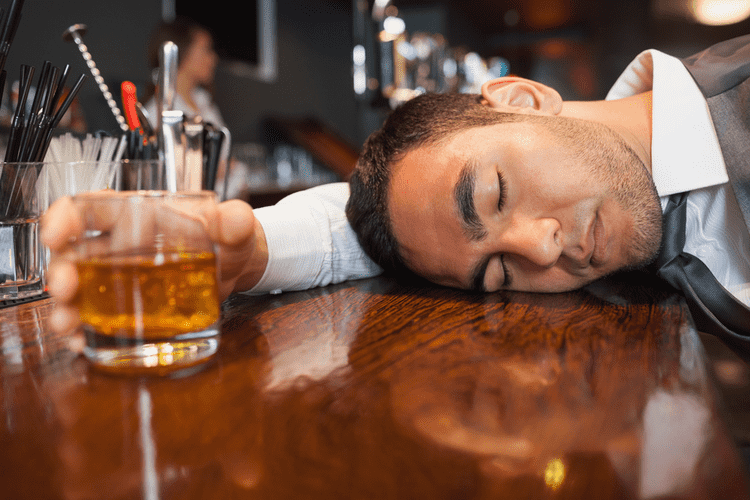Alcohol can trigger asthma attacks in patients who have previously been diagnosed with asthma. If you get gustatory rhinitis, there are many treatments and management methods to choose from. We use a pharmacist-formulated blend of Quercetin, Bromelain, Dihydromyricetin, Cysteine, L-Theanine, & B Vitamins to stop alcohol flushing before it can begin. But there aren’t any tests for sulfite or histamine sensitivity. There are genetic tests that can tell you if you have an ALDH deficiency.

If you find that certain foods make you sneeze, such as strawberries or shellfish, try avoiding them before you drink. This will help to reduce the number of histamines in your system and make it less likely that they’ll trigger a sneeze. This dilation occurs first in the brain, so you may feel flushed or warm after only a few sips of alcohol. The dilation then extends to blood vessels throughout your body, including those in your nose. The most likely explanation is that alcohol dilates blood vessels in the nose, which can cause irritation and lead to sneezing. One is that alcohol dilates blood vessels in the nose, which can cause irritation and lead to sneezing.
Why do I sneeze when I drink anything?
Of course, no supplement is 100% effective against negative symptoms from alcohol, but at least some supplements can help you drink a bit more comfortably. Your best bet if you want to 100% prevent alcohol intolerance is to avoid alcohol. By https://en.forexdata.info/why-do-i-sneeze-when-i-drink-alcohol/ knowing what ingredients cause you issues, you can avoid those alcoholic drinks and make an informed decision about what to drink. This condition can also make pre-existing asthma worse, so it’s important to keep an eye on your symptoms.

If you or someone else is experiencing the symptoms of anaphylaxis, seek emergency treatment. Sometimes, careful label reading can also help inform you. For example, wine labels are required to inform you if the wine contains sulfites.
Why am I sick every time I drink?
The different types depend on whether or not it’s caused by allergies. If you have a wine allergy, you may experience symptoms such as a rash, nasal congestion, wheezing, or a tingling sensation around your mouth and throat. In some cases, reactions can be very severe, leading to anaphylaxis.
- Drinking alcohol can cause you to feel warm or red in the face.
- Applying a cold compress to your nose will help to soothe the mucous membranes in your nose and reduce inflammation.
- Ethanol, at moderate to high concentrations, is used as a solvent to dissolve many types of medicines and other ingredients.
- If you have medical concerns, please consult a healthcare professional.
Oral decongestants can help with stuffiness but they have side effects such as increased blood pressure, nervousness, and difficulty sleeping. In this case, a person suffering from alcohol intolerance has problems breaking down alcohol in their body. Alcohol intolerance can be caused either by a genetic trait or a damaged liver, the former being the primary reason. The onset of symptoms is usually noticed by slightly more laboured breathing after consuming alcohol.
Gustatory rhinitis
If you drink every day, or almost every day, you might notice that you catch colds, flu or other illnesses more frequently than people who don’t drink. That’s because alcohol can weaken your immune system and make your body more susceptible to infection. Your body breaks alcohol down into a chemical called acetaldehyde, which damages your DNA. Damaged DNA can cause a cell to grow out of control, which results in cancerous tumors.
For example, this may be possible if you have a reaction to a specific type of wine or grape. Treating a minor reaction to wine may involve taking oral antihistamines. These can either be acquired over the counter or through a prescription from your doctor. Skin tests involve a small bit of allergen being pricked or injected under your skin. Reactions of redness or swelling will often occur quickly if you’re allergic to the allergen.
Sneezing is usually not harmful, but it can be a nuisance. Like wine, beer also contains histamines, which can trigger sneezing. In addition, beer is often brewed with hops, comprising a compound Oxford House Recovery Homes: Characteristics and Effectiveness PMC called lupulin. There’s no way to totally avoid drinking-related hiccups aside from avoiding alcohol, but there are a few things you can do to reduce your chances of having them.

